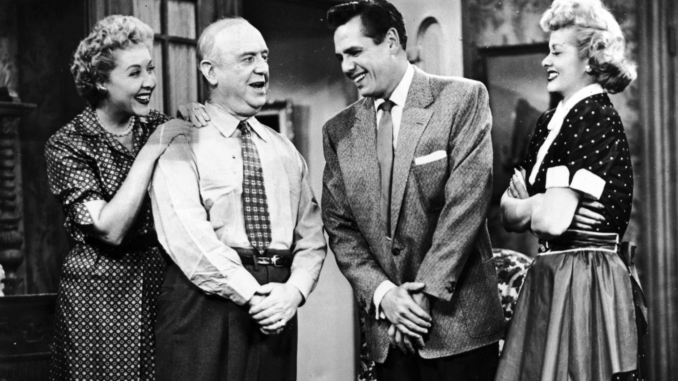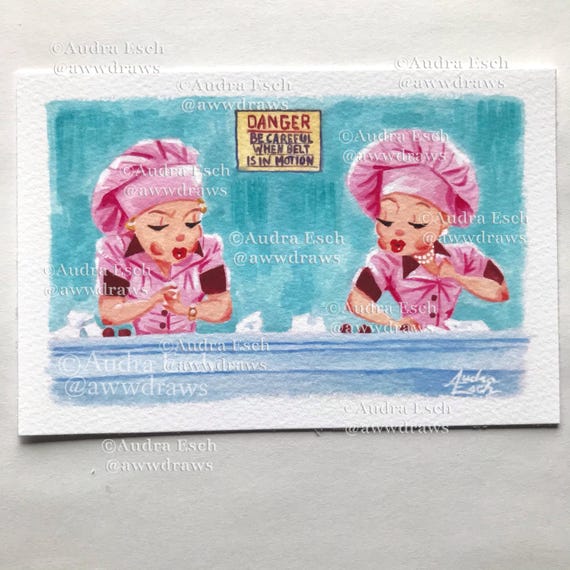
You’ve seen it a hundred times. Lucy and Ethel at the chocolate factory, stuffing candies into their mouths as the conveyor belt speeds up. The audience roars with laughter. It’s pure comedy, right?
Look again.
In 2025, that scene feels different. What once felt like zany physical comedy now reads like a portrait of burnout and quiet panic, long before those words had entered the cultural vocabulary. Lucy and Ethel aren’t just goofing off — they’re overworked, undertrained, and terrified of getting fired. Sound familiar?

The chocolate factory sketch works because it’s terrifying in its relatability. The absurd pace of labor. The unrealistic expectations. The silent competition between friends who can’t keep up. Suddenly, Lucy and Ethel aren’t just sitcom clowns — they’re every Amazon warehouse worker, every overstretched waitress, every burned-out employee on the edge.
Lucille Ball didn’t mean to make a statement about labor, but comedy always reflects its era — and outlives it. In the 1950s, the joke was about two silly women screwing up a simple job. In the 2020s, it’s about a system designed to crush anyone who can’t keep up.
The scene still makes us laugh. But now, it also makes us pause.